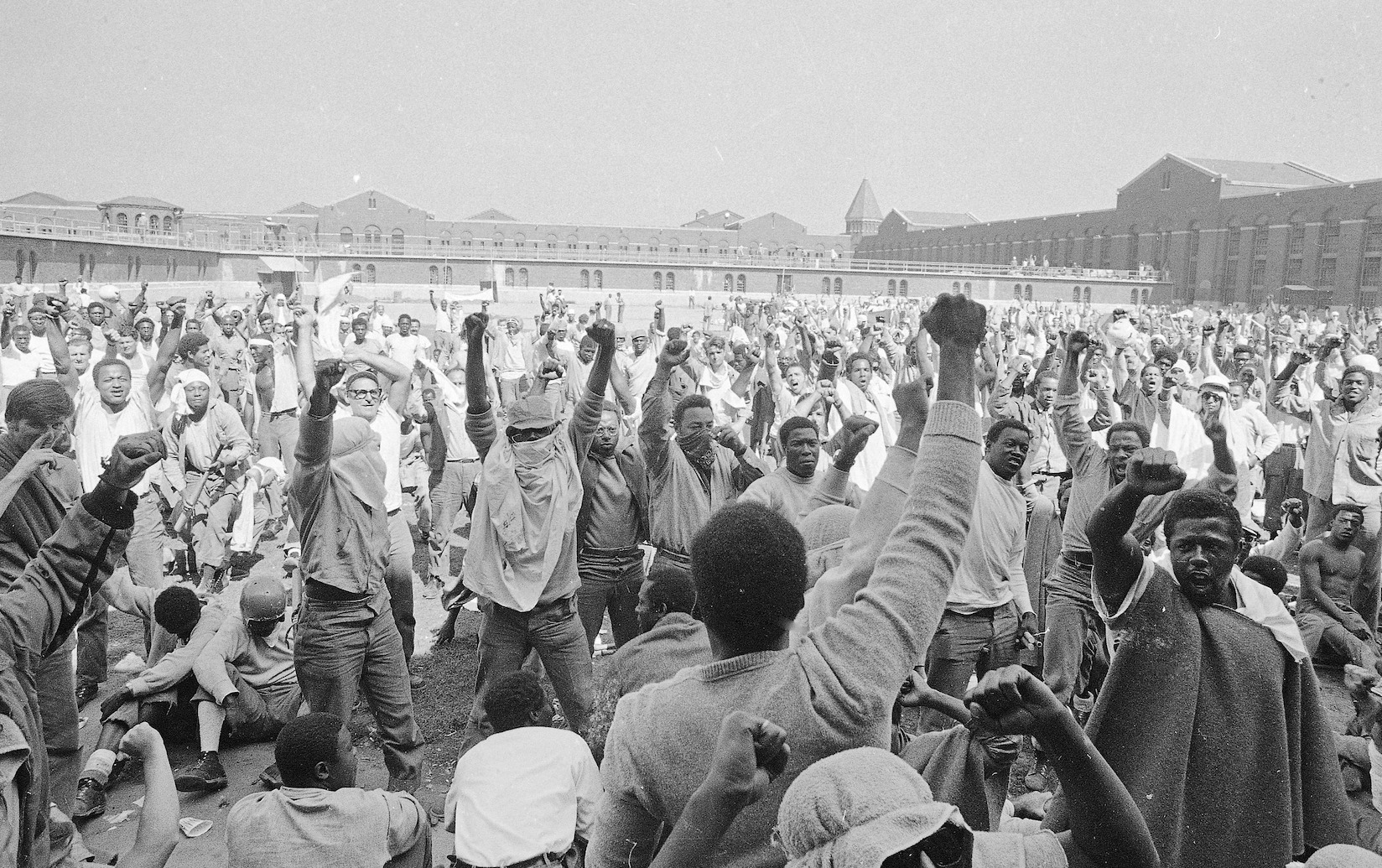Though it only really serves as a recounting of events from 1971 rather than a much thorough analysis, Attica is a great example of that type of documentary that can be incredibly difficult to pull off well: that is, the archival documentary mainly told with already existing material. Thanks to plenty of detail (and the good instinct to know how to deploy these details), this documentary avoids feeling like a mere history lesson and begins to feel almost as dramatic as a radio play. And the film knows better than to be detached from its subject; it makes sure to characterize the inmates of Attica as an intelligent, passionate group that set aside their differences to stand up for their rights—and were summarily punished for it.






